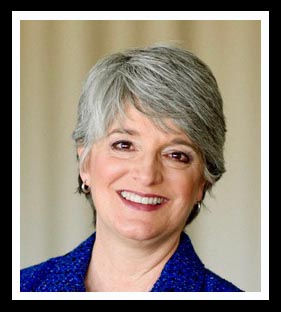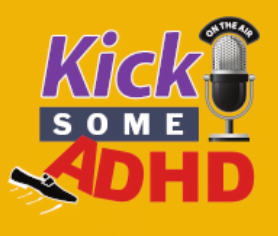 One of my ADHD coaching clients has been having a really hard time managing her Attention Deficit lately. Her ADHD self-care has gone by the wayside.
One of my ADHD coaching clients has been having a really hard time managing her Attention Deficit lately. Her ADHD self-care has gone by the wayside.
She’s a student in graduate school, a mom and a grandma. So you can understand why her life is over-the-top hectic.
I’ve been coaching her for a few months. At first, she was making strong progress. Like many ADHD adults, she had a hard time finding a good doctor to manage her medications. In January, we both had high hopes when she started seeing a new psychiatrist and her ADHD medication management was finally being handled competently.
Her life was beginning to fall into place. She was doing what she needed to do for daily success: creating routines, exercising, and beginning to accomplish the tasks she needed to get done.
Suddenly, however, in the past month, things fell apart.
Scattered, disorganized, missing appointments and having trouble sleeping, she just couldn’t get a foothold in managing her ADHD.
I’m a brain-based ADHD coach. That means I recognize that her ADHD symptoms become worse because of her brain chemistry, not because of a lack of self-control or laziness.
So last week in our coaching call, I decided to go back to square one to see what was happening.
Lo and behold, it wasn’t surprising what I found.
As an ADHD coach, I believe that what makes up the core of successful brain management are solid ADHD self-care habits. Diet, sleep, exercise, fish oil, vitamins; the fundamentals.
Well, when we started digging into this client’s self-care regimen, here’s what we found. She was drinking very little water but was consuming lots of soda. She wasn’t eating breakfast. She was eating very little protein and skipping meals. She was basically living off muffins and donuts and soda and the occasional protein shake.
So it’s no surprise she was struggling to stay organized and focused.
When I start working with a new client, we typically devote the first couple of weeks to ADHD self-care practices: regular eating, adequate sleep, ADHD-friendly diet, exercise and getting those important Omega-3s. My relationship with her was no different: we had begun with the basics.
Now we’re revisiting the basics and getting her living the right habits again.
Happily, it’s working. Her sleep patterns have recovered and she’s back to getting organized, finishing her school assignments and following routines.
If you want to live more easily with ADHD, self-care matters. It’s not something you can do only when it’s convenient. It’s something you need to pay attention to every single day.
Bottom line. When it comes to managing adult ADHD, you’ll get out of your brain what you put into your body.

 Tired of struggling with ADHD? You’re in the right place. ADHD Success is loaded with free, practical tips to help you get organized, manage your time, and live more easily with Adult ADHD. Like what you read? Sign up for the newsletter now! No Spam. I promise!
Tired of struggling with ADHD? You’re in the right place. ADHD Success is loaded with free, practical tips to help you get organized, manage your time, and live more easily with Adult ADHD. Like what you read? Sign up for the newsletter now! No Spam. I promise!
0 Comments